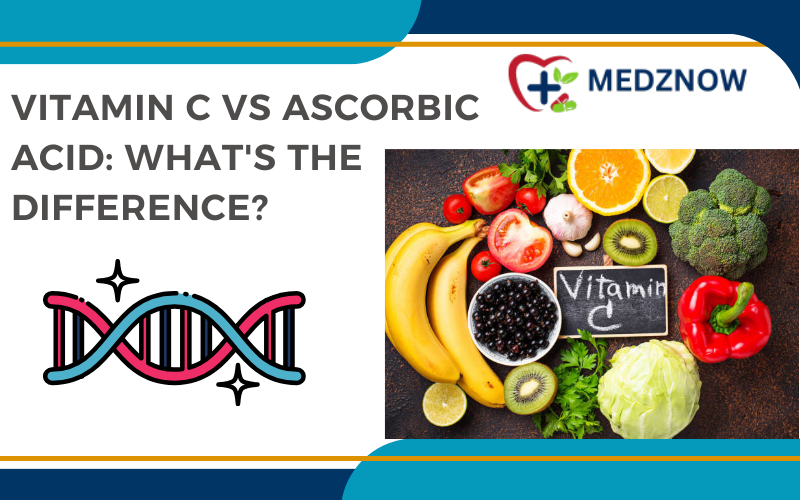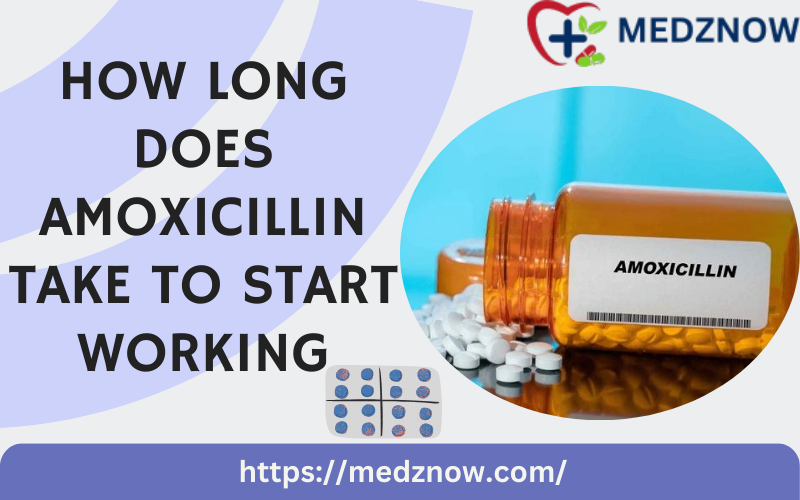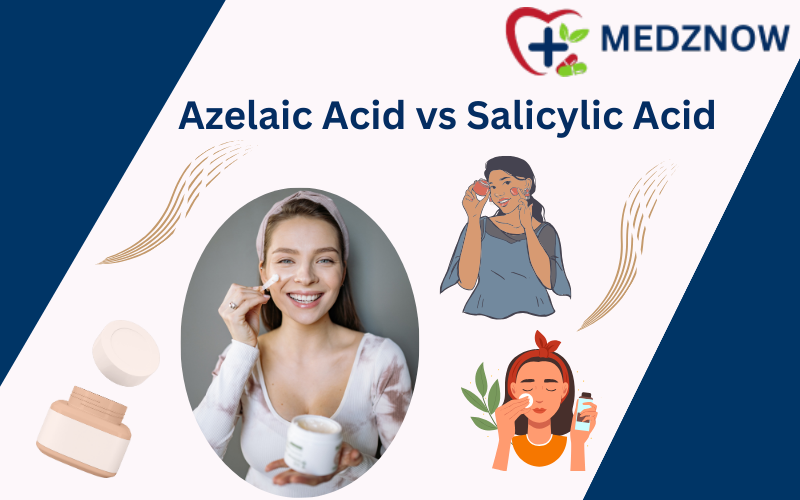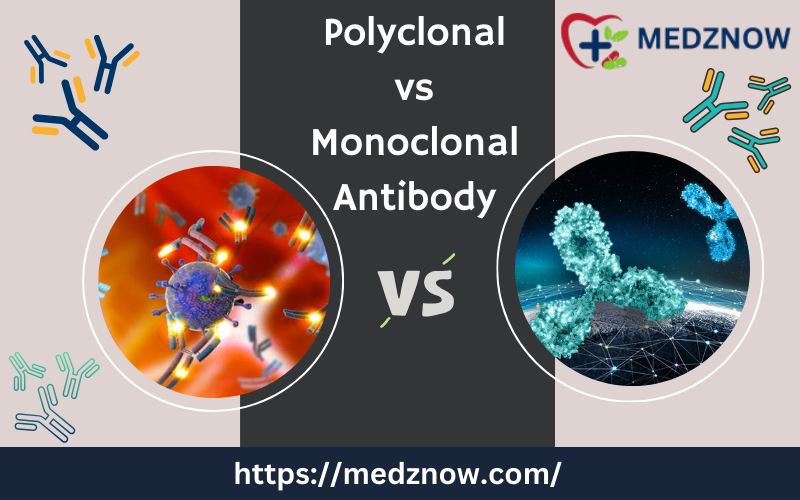Ascorbic acid and Vitamin C play a vital role in the human body and help to maintain overall health. Vitamin C and Ascorbic acid promote antioxidant properties, which are required to support the immune system and protect cells from damage.
Vitamin C, also known as Ascorbic acid, is soluble in water. It is easily found in several fruits and vegetables, while Ascorbic acid is produced by humans rather than natural processes for several uses.
Vitamin C is more easily absorbed by the human body than Ascorbic acid.
Here, we will examine vitamin C vs Ascorbic acid and their benefits, and sources.
What is Vitamin C?
Vitamin C, also named Ascorbic acid, is essential for humans and plays an important role in health. It is a key nutrient and the human body doesn’t make this nutrient, so they can take it from their healthy diet.
Vitamin C is good for your eyes, bones, and healthy skin. It also plays a vital role in keeping the immune system healthy, developing tissues, recovering wounds, as well as reducing stress levels, for which people take anti-anxiety pills like Ativan and Xanax.
Vitamin C has antioxidant properties that can protect from toxic chemicals and other serious health problems. The human body needs vitamin C to develop and work properly.
To get more vitamin C, add more vitamin C-rich fruits and veggies to your daily diet.
What is Ascorbic Acid?
Ascorbic acid is commonly referred to as vitamin C. It plays a crucial role in the immune function. It is a water-soluble vitamin and an organic compound. Ascorbic Acid is classified as a weak acid. It is found in common supplements and foods. It is beneficial for skin health.
Ascorbic acid is the best nutrient for skin care, it produces collagen, which is the key protein in the skin. Some factors reduce collagen levels such as UV exposure, stress, aging, etc. These could cause skin problems like wrinkles, fine lines, and many more.
Using vitamin C products and oral vitamin C supplements can help to protect your skin from these issues and support your overall body health.
Difference Between Vitamin C and Ascorbic Acid
Both vitamin C and Ascorbic Acid give nutritional benefits and are often used interchangeably, But there are a few main differences between them.
- Vitamin C is easily found in many foods and provides various health benefits, while Ascorbic Acid is an artificial compound that is used as a source of vitamin C.
- Ascorbic Acid is a chemical compound, its chemical formula is C6H806 and vitamins are a group of compounds.
- Ascorbic Acid is used in supplements in the form of vitamin C. Vitamin C is an antioxidant that protects from other diseases, while Ascorbic Acid helps the body to absorb iron which protects the body from anemia.
Health Benefits
Here are some health benefits you get from vitamin C and Ascorbic Acid such as:
- Boosting immune system
- Increases red blood cell
- Reducing the duration and severity of the common cold
- Protect the body from illness
- Prevent chronic disease
- Reduce Stress
- Maintain healthy skin, nails, and hair
- Recover from wounds
- Keep eyes healthy
- Manage blood pressure levels
- Reduces heart diseases
- Improves mood and reduces stress
- Supporting brain function and memory
- Keep joints healthy
- Reduces the risk of certain cancer
- Prevents lack of iron
- Maintains bone health
Sources of vitamin C and Ascorbic Acid
Vitamin C and Ascorbic Acid can be obtained through a variety of dietary sources, such as:
- Strawberries
- Broccoli
- Oranges
- Tomatoes
- Bell peppers
- Cauliflower
- Brussels sprouts
- Acerola cherries
- Potatoes
- Kiwi
- Pineapple
- Lemon
- Red cabbage
- Cantaloupe
- Spinach
- Blueberries
- Blackberries
- Lime
- Grapefruits
Conclusion
Vitamin C is important for everyone, it keeps you healthy. It protects your body from various diseases and provides various benefits. You can take vitamin C and Ascorbic acid from food and supplements. Supplements are useful for those who can’t get vitamin C and Ascorbic acid naturally. They are available in the form of oral tablets, powder, and liquid.
Large amounts of vitamin C and Ascorbic Acid can cause serious problems like diarrhea, nausea, headache kidney stones, excess iron, and many more. Vitamin C should be taken within limits and maintain your healthy balanced diet so that you stay away from diseases.
Talk to your health care provider before using any supplement of vitamin C.










